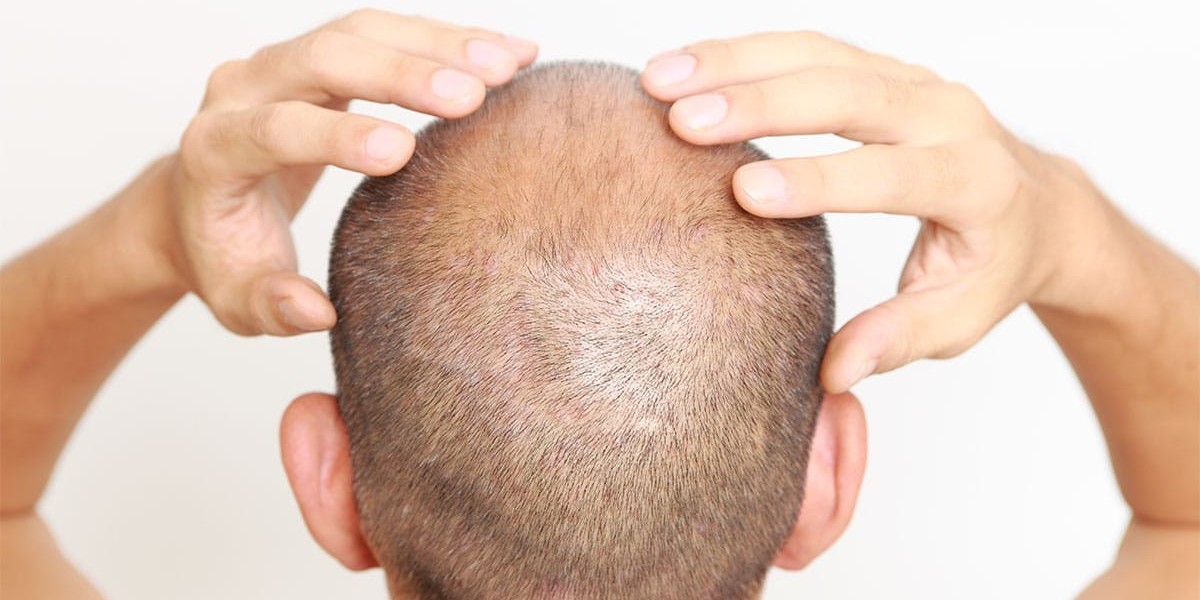Patients who have had a hair transplant often experience recurrent hair loss. It is critical to understand that hair loss following a hair transplant is normal and is the body's way of dealing with the damage suffered during the procedure. Here's everything you need to know about hair loss and growth after a hair transplant treatment.
Shedding in Transplanted Hair
The shedding of transplanted hair is a practically universal characteristic of hair transplants. During hair transplant Dubai surgery, a brief interruption in a graft's blood supply triggers this phenomenon. In response to the trauma, the grafts shed hair. The transplanted hair begins to shed one week after treatment and can last up to six weeks. Following a hair transplant, this stage of hair shedding is known as shock loss. It is crucial to remember that a patient's shedding has no bearing on the effectiveness of the hair transplant process and is a normal element of hair development after a hair transplant.
Shedding of existing hair occurs in the area of a hair transplant.
There may be some loss of your natural hair in the months following a hair transplant, whether using follicular unit transplantation (FUT) or follicular unit extraction (FUE). As a result, the transplanted region may appear thinner for a brief period of time. This is a temporary side effect of the hair transplant process that will disappear once new hair begins to grow. The shock to the existing hair causes it, not permanent damage, so there's no need for concern.
Avoiding Hair Loss Following Hair Transplantation
Some doctors claim that their abilities are so "exceptional" that they can prevent shock hair loss or shedding with minimal procedures. Effluvium, a natural reaction of the scalp to physical stress, is unavoidable despite poor technique and forceful graft handling. The scalp is stressed during both FUT and FUE hair restoration surgery due to the use of an anesthetic mixture containing adrenaline and the development of recipient sites, which are the locations where hair grafts are put. Regardless of the surgical approach, it is impossible to completely avoid shock hair loss after a hair transplant Dubai treatment.
People have a variety of worries and inquiries about hair transplant surgery. One of the most common concerns is hair loss following the surgery. Many patients are concerned that this period may jeopardize the effectiveness of their hair transplant. Alborj's medical professionals will ensure that you get the most out of your hair transplant procedure and avoid FUE-sluggish growth concerns. The Alborj Hair Clinic Dubai team will respond to any questions you have about hair transplants. Contact us today to schedule a consultation.








